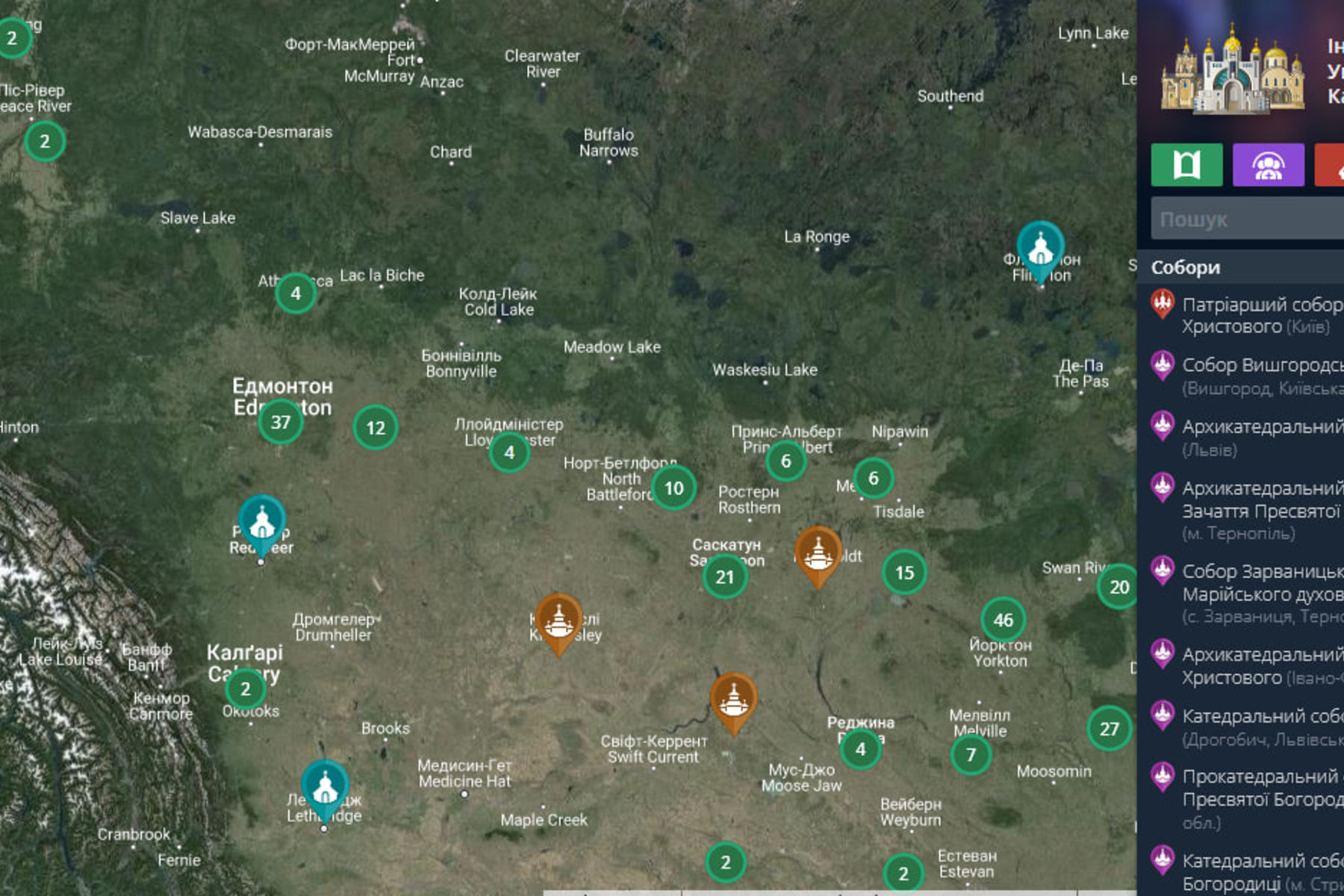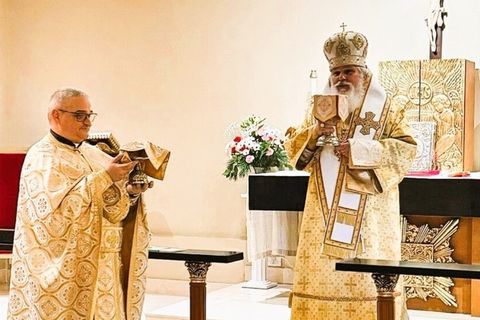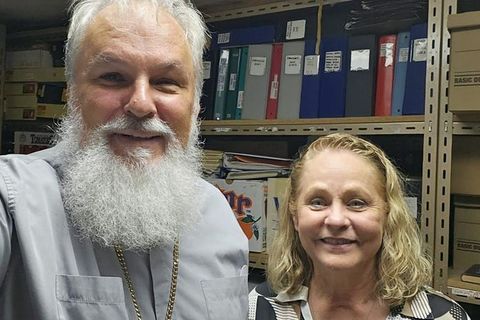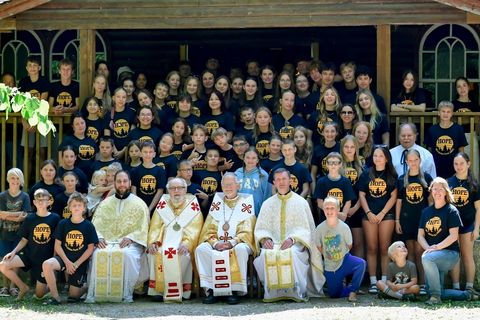Parishes of Edmonton Eparchy Featured on Interactive Map of UGCC
The parishes of the Edmonton Eparchy of the Winnipeg Metropolitanate of the UGCC have been added to the interactive map. This is one of the five eparchies of the UGCC in Canada.

The Edmonton Eparchy is located in the Canadian province of Alberta and comprises 81 parishes. The first wave of Ukrainian immigrants to Alberta mainly consisted of farmers. Frequently, they were employed in various industries to do seasonal work to earn money to purchase their own farm. A minority of newly arrived Ukrainians worked as miners or urban workers. In the interwar period, the number of those who started their own businesses or became professionals grew. After the Second World War, the socio-economic composition of the Ukrainian population reflected the general structure of the Alberta population.
The 2006 census revealed that 332,180 people of Ukrainian descent live in the province, which is 10.2 % of the total population; 249,995 have a Ukrainian parent. 33,970 residents of Alberta consider Ukrainian to be their native language. Most Ukrainians in the province are centered in Edmonton (144,620) and Calgary (76,240). Other urban settlements include Red Deer (7,010 people), Lethbridge (7,120), Cold Lake (1,355), Medicine Hat (5,075) and Grande Prairie (6,795).
The first institutions built in Ukrainian settlements were churches. The majority of Ukrainians in Alberta belong to the Ukrainian Catholic Church, which founded the Edmonton Eparchy in 1956 (it was formerly the Exarchate of Western Canada in 1948). Until the mid-1940s, almost all Catholic priests in the province belonged to the Basilian monastic order. In the postwar period, the situation changed when priests from Europe began arriving in Canada. The first Basilians settled in Alberta in 1902. They established a monastery near Mundare in 1923. Golgotha Cave near the monastery was a renown pilgrimage site for many years. The Edmonton Eparchy was led by Bishops Nil Savaryn (1956–1986; exarch — 1948–1956), Dmytro Greshchyk (1986–1990), Myron Datsyuk (1991–1996), and Lavrentiy Hutsulyak (1997).
Not only are there new markings in Canada, but the map also adds facilities in other countries and continents, including Ukraine, Poland, Italy, and others, as well as updates and additions to existing ones.
To add a new parish to the interactive map of the UGCC, please send an email to the project’s email address [email protected] or to the Facebook page https://www.facebook.com/mapugcc/.
The full information about the UGCC center should include the following points:
-
Name of the parish or church (chapel, monastery, educational institution) + city, region (or country).
-
Coordinates.
-
Jurisdiction (deanery or protopresbytery; diocese or exarchate).
-
Photo.
-
Address.
-
Contact phone number.
-
Contact email address.
-
Website (including social media pages).
-
Schedule of services.
-
Time of Confession.
-
The time when the church is open.
-
Overview of parish and church history
-
Current parish life (communities, events, activities).
-
Are there relics of saints, a miraculous spring (chapel), a miraculous icon in the church?
The UGCC Department for Information



